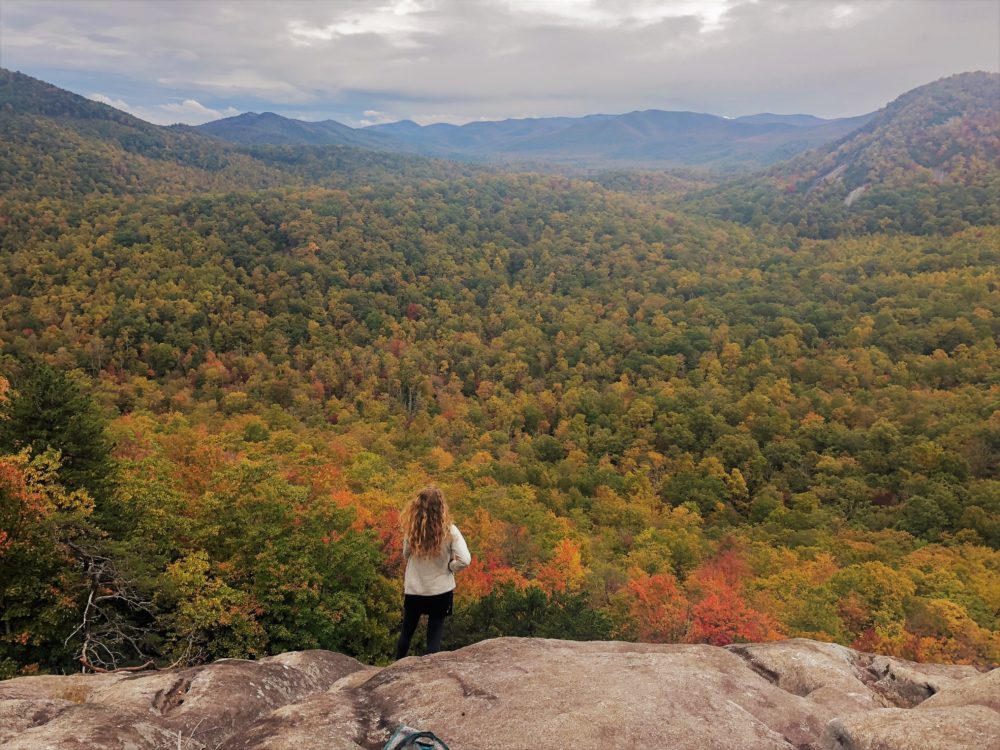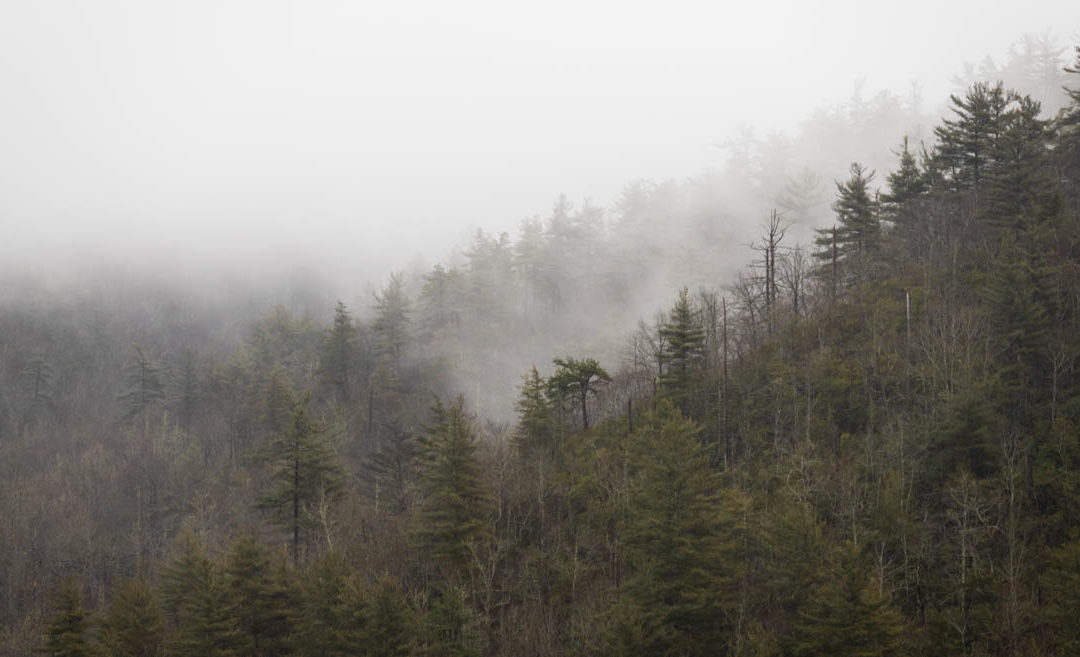It may have started with a bat in a cave, but human activity set it loose.
– David Quammen
COVID-19 is a wakeup call. This pandemic is testing our health systems, government institutions, and civil society in an unprecedented manner. The immediate costs — in lives losts, to our economy, and to people’s livelihoods — are staggering.
Though this disease is new and especially contagious, it is not unique. COVID-19 is among a growing number of animal-borne viruses, bacteria, parasites and other pathogens on the rise due to the twin threats of habitat destruction and climate change. Research conducted more than a decade ago showed as much as 60% of new diseases between 1960 and 2004 came from animals.
The destruction of natural habitats is a key contributor to the spread of new and existing diseases. As human development encroaches on forests and other natural habitats, people come into greater contact with animals and are at greater risk for catching the diseases they carry.
Similarly, human development, resource extraction and climate change can reduce biodiversity. In the natural world, the most diverse ecosystems are the healthiest, having intricately woven webs of species balancing one another. When those webs are torn, the species most likely to carry and spread disease — such as rats and bats — thrive. Meanwhile, climate change is making our region warmer and wetter, and waterborne and mosquito-borne illnesses like dengue fever, Zika virus, chagas disease and malaria are moving north.
These diseases are seen as exotic and foreign, but the same conditions of habitat destruction, degradation of biodiversity and increased human-wildlife interaction are happening right here in our mountain region. Tick-borne illnesses like Lyme disease, alpha-gal syndrome, and ehrlichiosis are spreading in our region. Studies have documented growth in tick populations when forests are broken up and the number and diversity of species are reduced.
COVID-19 is an immediate threat, and we encourage our members to find ways to directly support our communities and our neighbors now. But we are also asking you to continue to invest in our environment, our communities and to help do your part to prevent the next pandemic.
When you support MountainTrue, you power:
- a Public Lands Team hard at work ensuring a management plan for the Nantahala-Pisgah National Forests that protects our natural carbon sinks, reduces habitat destruction, and promotes biodiversity.
- a Land-Use Team that promotes smart growth and community planning so that our continued growth doesn’t come at the expense of our environment.
- Four Riverkeepers and a Western Region Clean Waters Team that work to reduce urban and agricultural pollution, minimizing levels of E. coli and other harmful pathogens in our rivers and streams, and
- an Energy Team that has successfully fought to move our region away from coal and is helping to lead us toward a renewable energy future.
The fight to protect the health of our forests, rivers, and mountain communities is more important than ever. We ask that you donate today so that we can continue to protect the places we share.
Thank you for standing with us in this time of uncertainty.


